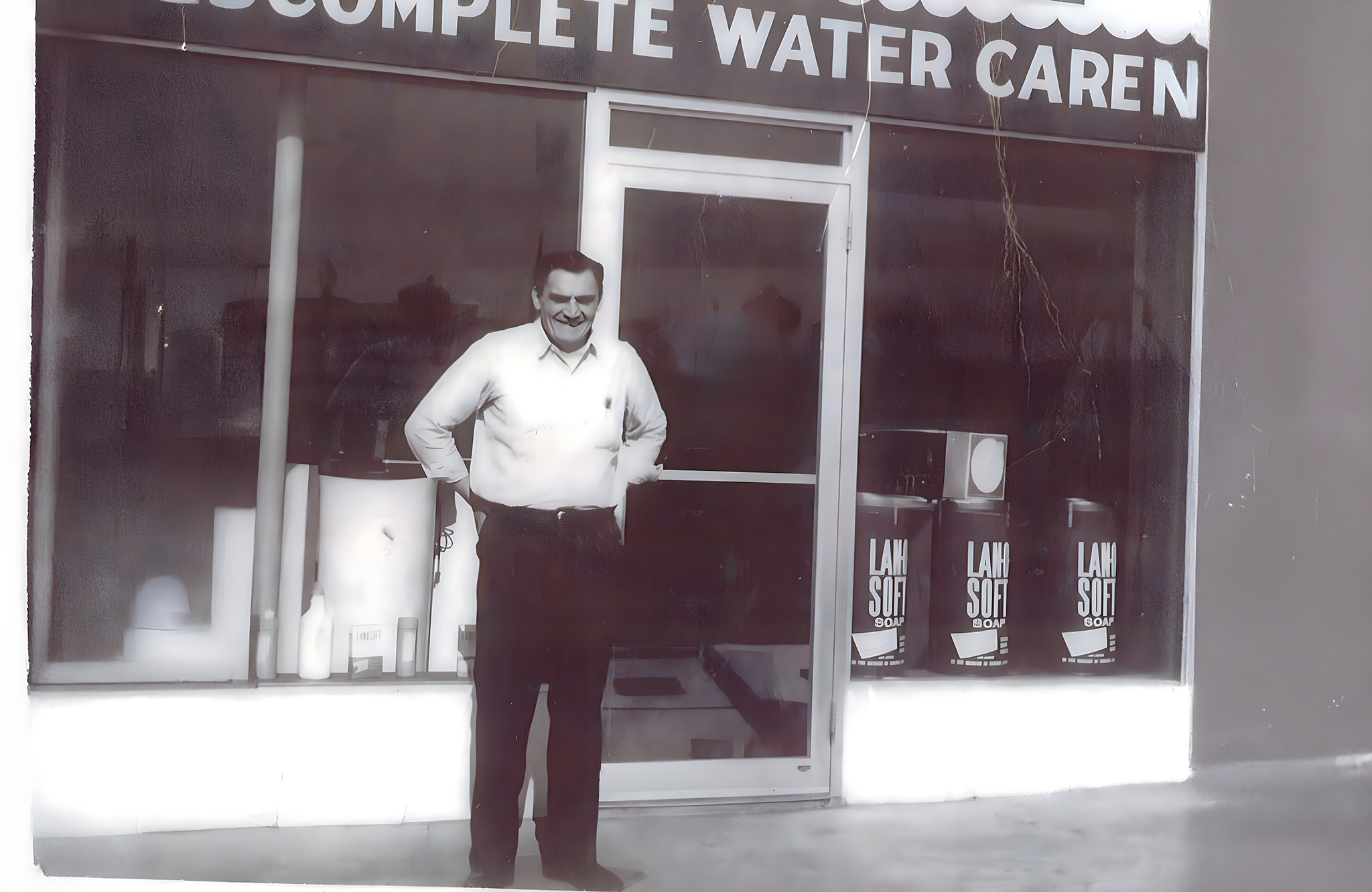
Remembering Wif Finken: A Legacy of Service and Community
January 26, 2026

Nobody likes hard water. It causes build-up in your sinks and showers, it leaves your skin feeling dry and your hair less-than-desirable, and your dishes covered in soap scum. If...
July 6, 2019
Nobody likes hard water—it causes buildup in sinks and showers, leaves your skin dry, your hair dull, and your dishes covered in soap scum. If you don’t have a water softener, now’s the time to invest in one. And if you already have one, upgrading to a high-efficiency water softener is a smart move—for your family, wallet, and the environment.
A high-efficiency upflow water softener is designed to use less water, salt, and electricity, making it the best option for your home.
✔️ Saves thousands of gallons of water
✔️ Uses significantly less salt—reducing costs and waste
✔️ Lowers energy consumption—saving you money on your water and electricity bills
Unlike traditional downflow softeners, which push water down through the resin, upflow softeners move water up from the bottom in a swirling motion. This upflow regeneration process maximizes efficiency, reduces waste, and improves performance.
A high-efficiency water softener doesn’t just save money—it also helps protect the planet.
✔️ Regenerates less often, reducing chloride runoff into the water supply
✔️ Supports sustainability efforts as communities push for lower chloride pollution
✔️ Minimizes salt waste, helping to protect freshwater resources
While farming and road salting contribute significantly to chloride runoff, switching to a high-efficiency softener is a small but impactful way to reduce pollution.
If you haven’t updated your water softener, now’s the time! Save money, protect your plumbing, and improve water quality—all while making an eco-friendly choice.
📞 Call Finken today to make the switch!

Resources
